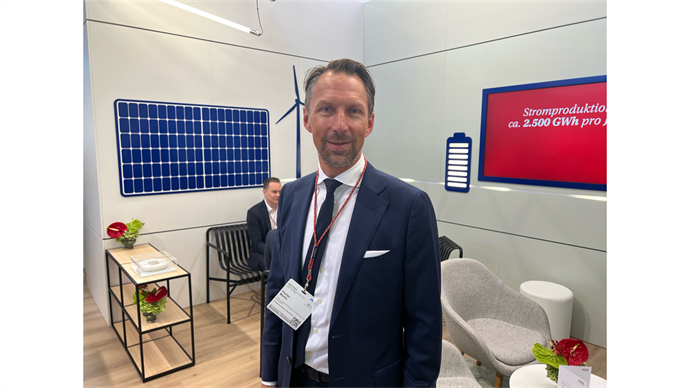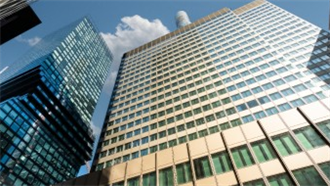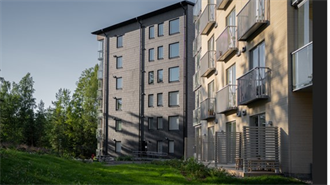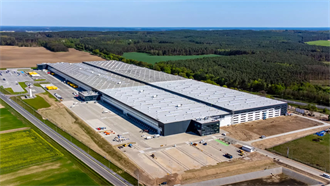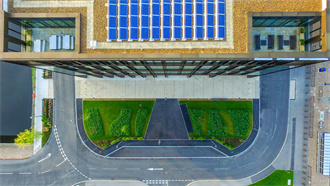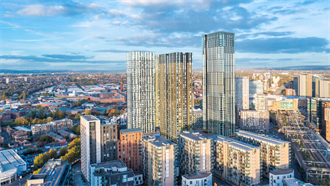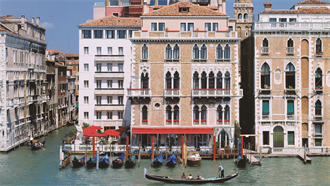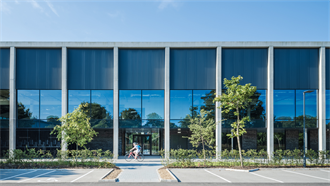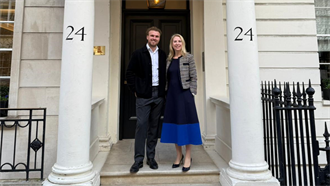The European office market has moved from a comfort zone to one of stress for investors, with unstable demand and questions around remote working clouding its future, according to Florian Martin, co-CEO of German asset manager KGAL.
Speaking to PropertyEU at Expo Real, Martin said that the focus on home working since the pandemic has been overestimated. What the market needs, he said, are ‘accessible communication hubs’, ideally with canteens, retailers and restaurants around, which rules out B, C, and D cities.
‘It is worth investing in A cities into sustainable offices that are only five years old and certified. If you can, go ahead and do it, and you will enjoy very good yields. If you can’t, don’t touch it,’ he suggested, adding: ‘That is why we bought a building in Wisebaden and the Vie building in Vienna.’ However, the big question is whether it will be possible to compensate the investment with future income.
‘A lot of traditional investors are not active, they have problems in their portfolios, stranded assets, overweight locations, sustainability issues,’ said Martin. ‘The Japanese are increasingly looking to Europe. They have buying power, have no additional hedging costs and bargains are there to be picked.’
On the residential side, there are also sustainability concerns. ‘We have to invest around €2,000/m2 to bring old building up to today’s efficiency standards. So it comes down again to cities, which will increase pressure on them,’ he explained. However, Martin underlined that residential is an easier play than offices, due partly to the fact that salaries are rising which means the ability to pay more rent is rising.
Regarding KGAL’s future plans, the firm’s focus will be on residential in the Netherlands, Brussels, Munich, and Paris, Martin said. He added that KGAL is prioritising investments in social infrastructure - namely schools, universities, and innovation hubs - especially as there is less state funding available for this segment.
According to Martin, the mood at Expo Real is similar to that of last year with fewer developers present due to pressures associated with high financing costs. As an asset manager, KGAL sees significant opportunities, as lots of real estate property owners are seeking its services to solve issues in their portfolios, such as converting assets to other uses or selling them.

